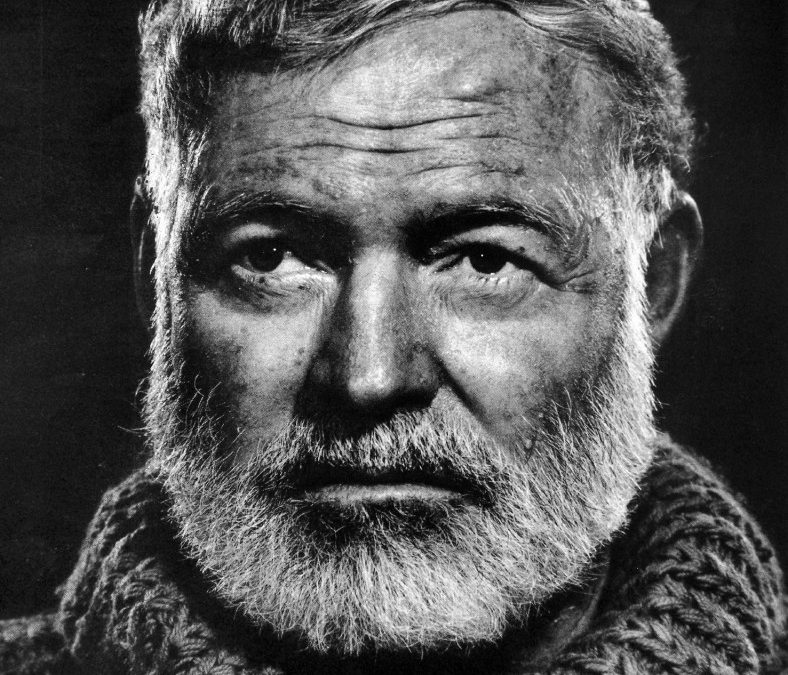I’ve been re-reading Hemingway lately. And I still don’t get why he is highly praised.
Recently I read a piece on Hemingway by critic Harold Bloom. In it he says that Hemingway’s power was found in his style: that is: short declarative sentences. That’s pretty clear, but why?
Bloom argues that Hemingway’s intention was not to write what he wanted his reader to feel and fill in. Said positively, he wanted to create a prose through which the reader could experience the background, the emotional background, for which the words were just symptomatic (my words.) Hemingway did not respect writers who “overwrote” as he called it.
For the reader to use his or her imagination to fill in the subtext—perhaps not even the subtext but the actual story for which the text is only an indication, a pointer to the reality of the narrative is for me, intellectually interesting but emotionally vacant. One such example is one of Hemingway’s short stories, “A Clean Well-Lighted Room”, which is the story about an old, deaf man in a tavern, which is actually a story about nothingness. You might argue that nothingness and emptiness are synonymous, so I got it. Maybe.
But I didn’t feel it and I didn’t read to engage in a math exercise. I find Hemingway flat.
